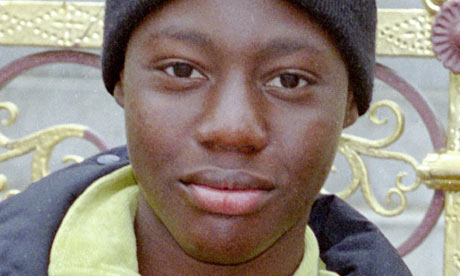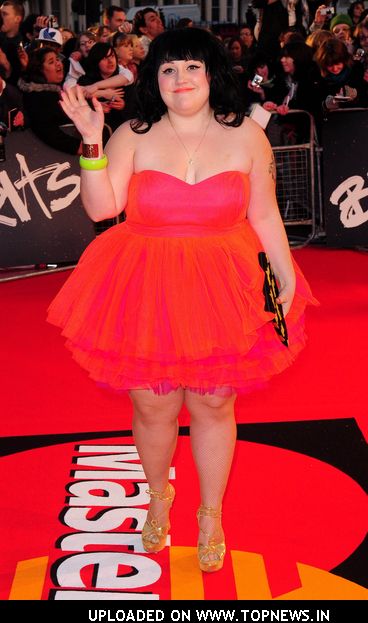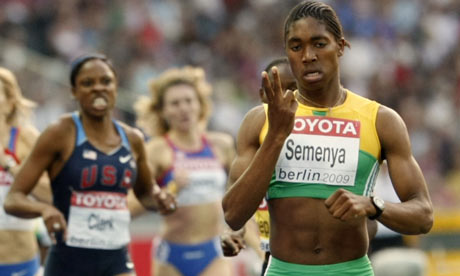I don't want to hear about the law of attraction and ideas about "you teach people how to treat you" when it comes to this problem
described through a terrible experience of harassment from a male po-po by Fiqah at racialicious
That he got away with this loathsome behaviour is reflective of power privilege afforded in this case to a law enforcer. Just last week we had incidents of police brutality here. So far, I've heard of no serious measures taken against the officers. There is a good chance they'll get of scott-free. How ironic it is that their main victims were a woman and a little child.
As a person I like to believe I radiate self-respect and hold my self in high esteem. In fact, I live by statements such as the one Alanis Morisette made, "I see my body as an instrument rather than an ornament." I carry this notion in the way I walk, dress and behave. This vessel is for doing, it is for action. Not for showing and for passivity. There will always be individuals that disrespect my presence and try to interfere with my existence by trying to get much too personal with me despite my being a complete stranger and showing on interest at that. Or worse still, invading my personal space or staring at me incessantly. These things happen. Even sporting baggy sweats and a T-shirt, it happens. (I always thought this would deflect unwarranted attention)
Must I excuse these imbeciles as just that and go on with my day. No, as always I see these as a reflection of ideas that the men in South African society hold of women. It's clear I live in a highly misogynistic society, a society that favours the idea of women as objects not women as people. It's a fact I've known since primary school when rape statistics were constantly aimed at us from all platforms of media. I remember Charlize Theron even ran an ad campaign about it. "People often ask me what the men are like in South Africa." she states. The answer obviously wasn't good which the commercials sought to expose. There is a definite sickness in this nation when it comes to the way people interact. Racially and most specifically in terms of gender. All South Africans seem to know of each other are the stereotypical notions they learned via talk and TV that ignorance is banal. Whites live in fear of blacks. Local blacks hate foreign blacks. Blacks think whites are racist haters. Coloureds strive to be white and refuse the "black" label that similarly mixed race people in America are never to afraid to adopt. Near-Eastern Asians well...they seem alright but whites and blacks seem to despise their small business sensibility. Don't know much about the Far-Eastern Asians though there's a good chance they may be exposed to the same amount of xenophobia that Nigerians are. It's one enormous racial gash that's been left over for post-apartheid South Africa to endure. With a president singing songs like "Umshini Wami", how is it going to heal.
The same goes for gender. A
survey was conducted in June that revealed that 25% of males in S.A. are rapists. That's a remarkable figure. Since the world cup is coming around, these figures are under intense scrutiny. They scare people. Coupled with the AIDS statistics. It's just too much.
It seems that no measures are being taken to educate young men about the dangers of conforming to these false notions of "masculinity". Something needs to be done but nothing is.
It seems the more insecure a man in his knowledge of how "masculine" he is, the more strongly he tries to exert machismo. Studying the majority of individuals that take part in hollering practices. They appear similar in that they are low-income, of African descent and male of course. Social conditioning in most cases teaches men that money and status (as well as the ability to be a "provider") are symbols of manhood. When these are not attained, one is therefore not fully a man. So, masculinity, they perhaps feel must be redeemed in other ways. These are often in relation to women. In making sexual advances, they engage in the act of being masculine; which turns a rejection on the woman's part into an assault on this assumption of manhood.
In my experience, the non-black males that tried to assert themselves to me in this way were defected in ways that were not money or status related but rather in relation to appearance. The popularly accepted notion of masculinity is one of being tall, muscular, strong, broad shoulders, a pronounced jawline etc. Often, when men are aware of their inability to meet these standards is a cause to try and over compensate similar to the description above. I do not believe that a man comfortable in his own skin will need to objectify, attempt to humiliate, harass, grope or disregard physical boundaries. I don't think that anyone with enough intelligence'll treat a fellow human so.
An old but pertinent post in relation to redefining our presently accepted notion of "manhood" at Shakesville puts it all into perspective - how important it is to give young men an alternative form of expression that does not involve misogyny and homophobia.









